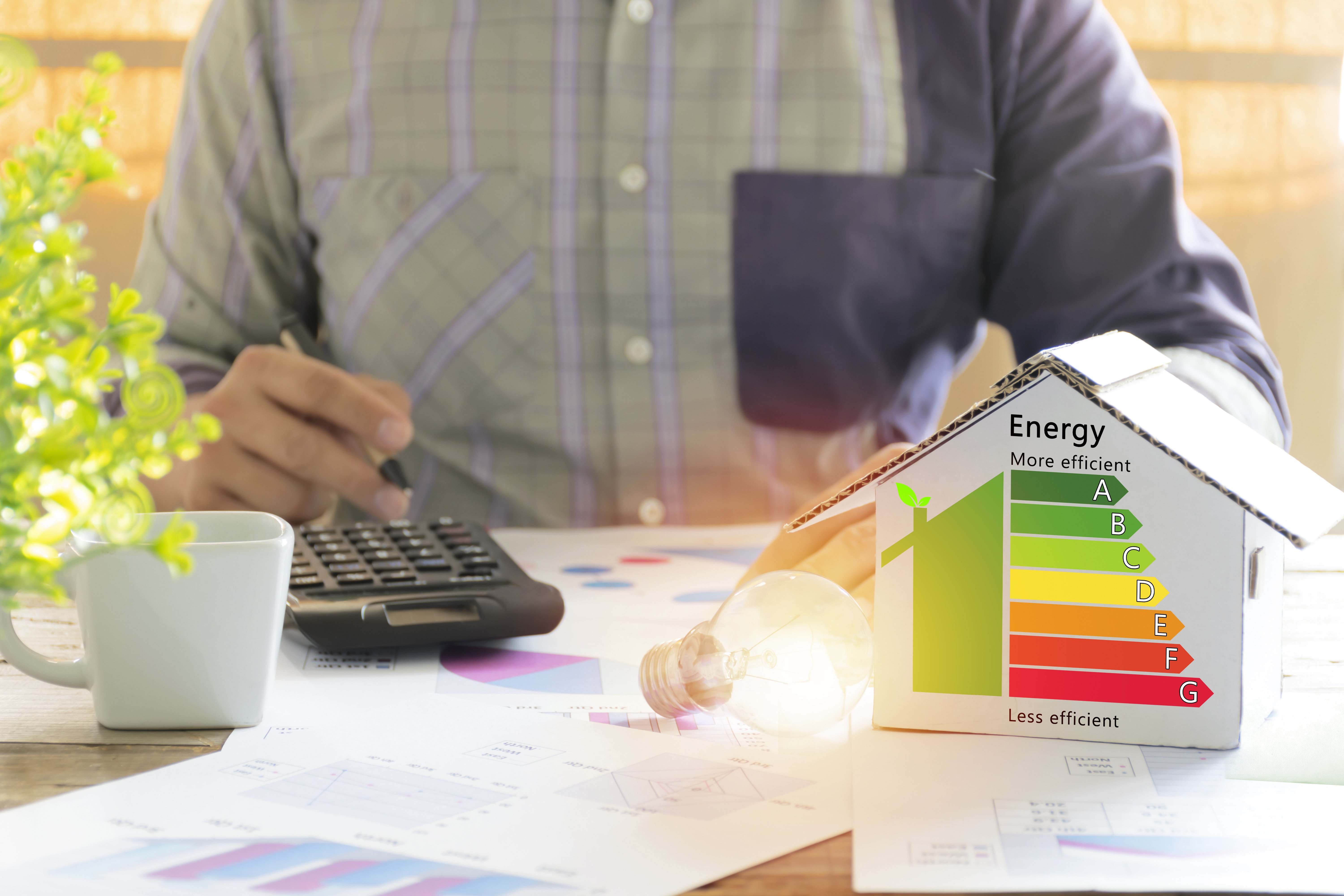It’s a brand-new year and the perfect time to look around your home to see how it performs energy-wise. We often reflect on ourselves during January by starting new diets and joining a gym, but what about looking at the health of your house? Don’t wait until a large bill comes in the mail; take stock of your energy usage now.
Whether you are a DIYer or prefer to leave it to the professionals, a home energy audit is an excellent way to start the year. A home energy audit determines how energy efficient your home is and can help inform you on ways to improve.
But how and where do you start?...........
For the DIYers:
It could be as simple as taking a walk around your house and noting where the temperature changes, or where you might feel a draft. Is one room of your home always freezing in the winter? Have you noticed condensation building up between your windows? These could be signs of dollars leaking out of your house caused by improperly sealed windows or doors.
Things to Look For:
- Condensation between windows
- Cool drafts
- Changes in temperature around the chimney
- Type of lighting in use - consider LED
- Age of appliances – replace with Energy Star appliances
- Shower head/faucets in use or possible leaks
- What type of thermostat is in use – smart? programmable?
- When was the last time your HVAC was inspected/serviced?
For those that prefer a Professional:
A professional energy audit will cover the same things in our DIY list, but your auditor will have specialized tools and software as well as a keen eye for noticing trouble spots. According to energy.gov, it is estimated that you could save between 5-30% on your energy bill by making the efficiency upgrades identified in your energy audit!
Your auditor will start by reviewing your energy usage for the past year to get a baseline of what you regularly use. They will conduct a thorough inspection of the inside and outside structure of your house. Then, they will check each room, including any attic and basement space that is accessible to them.
Your Auditor Will (Most Likely):
- Inspect your insulation
- Inspect wiring for any safety issues
- Note any signs of water leakage and moisture
- Test your furnace for fuel leaks, change the filter, and clean the blower
- Test your water heater, review the thermostat setting, and check if there is any insulation on the tank and piping. They will also test the draft hood.
- Inspect duct system and your dryer venting
- Perform Combustion Appliance Zone Testing on all combustible fuel fired appliances
- Test to determine that combustion appliances are working properly and are not back drafting into the home (for example CO is not filtering back into the home)
- Advise as to the best placement of Smoke and Carbon Monoxide Detectors
- Perform a Blower Door Test
- A professional auditor will conduct a blower door test, which is where the auditor removes the indoor air from your house and lowers the pressure. They will walk the property looking for sources of drafts, air loss, or infiltration. You will want to make sure that you have a calibrated blower door test. A calibrated blower door test uses sensors and will give you a better idea of how much energy you are wasting with leaks, not just the presence of a leak. This energy waste is key in determining if you should fix it now, wait, or even hold off permanently, depending on your budget.
- Perform Infrared Imaging
- Many auditors also use infrared imaging, often combining it with the blower test to see air leaks. The infrared imaging shows temperature differences and can pick up on leaks as well as where you may need more insulation. It should not be the only tool used.
Make sure that you look for a highly rated auditor and depending on your area they may be required to have certain certifications. Websites such as Angi, HomeAdvisor.com, and Nextdoor are good starting points to search for a Professional Home Energy Auditor.
Whether now or later in the year, an energy audit is worth your time!
